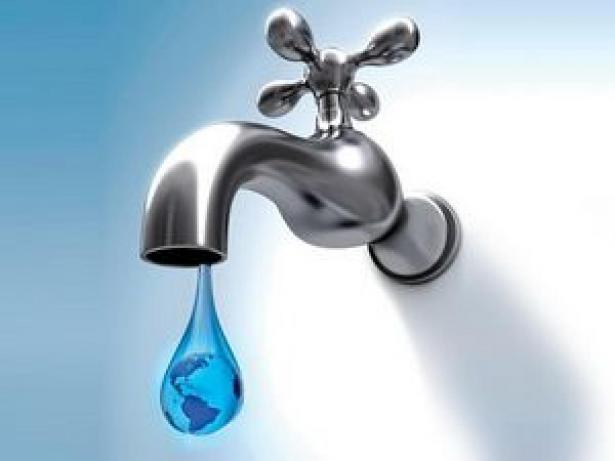By some estimates, more than two million people in the United States do not have running water and sanitation in their homes. Water utilities shut off water access to about one out of every twenty people, or close to fifteen million people, every year for nonpayment. Unsurprisingly, this affects racial minorities more than others. This barbaric practice has likely killed tens of thousands of people during the COVID-19 pandemic.
Given how wealthy the United States is, it doesn’t have to be this way. And throughout the pandemic, we’ve caught some brief glimpses of alternatives. Though the federal government declined to pass a national moratorium on water shutoffs, some states and cities passed laws to prevent utilities from shutting off water to people during the pandemic. But these moratoriums are now expiring, and utilities are once again threatening to deny people water.
In this paper, I argue that the best solution to this problem is to eliminate residential water bills and fund water utilities entirely through taxes.
Water utilities already rely on a mix of public funding from federal, state, and local governments to build and maintain water infrastructure and user fees collected through water bills to help cover their other expenses. Any level of government could simply choose to turn the knob on public funding all the way up while turning the knob on water bills all the way to zero. Not only would this guarantee that income would no longer be a barrier to water service, it would eliminate the hassle of paying a monthly water bill for everyone.
The most frequent objection to eliminating water bills is that rates and user fees help deter overconsumption of water. This concern is misguided at best. Private households account for just eight percent of the total water usage in the United States. The rest is used by agriculture and heavy industry.
Water demand also tends to be inelastic, meaning that rates have little effect on how much water a household uses. No matter how much water costs, people still need it to drink, cook, bathe, and clean their homes. Furthermore, there are better ways to reduce water consumption through fixing leaky pipes, mandating low-flow fixtures, or limiting superfluous uses such as lawn watering.
Universal water access is a basic human right that any functioning society should ensure for its citizens, especially during a deadly pandemic. The most equitable way to do this is to eliminate user fees and fund water service entirely through taxation.
Kendall Dix is the national policy director at Gulf Coast Center for Law & Policy (GCCLP), which co-chairs the Water Equity and Climate Resilience Caucus, a national network of organizations working to advance water justice.


Spread the word